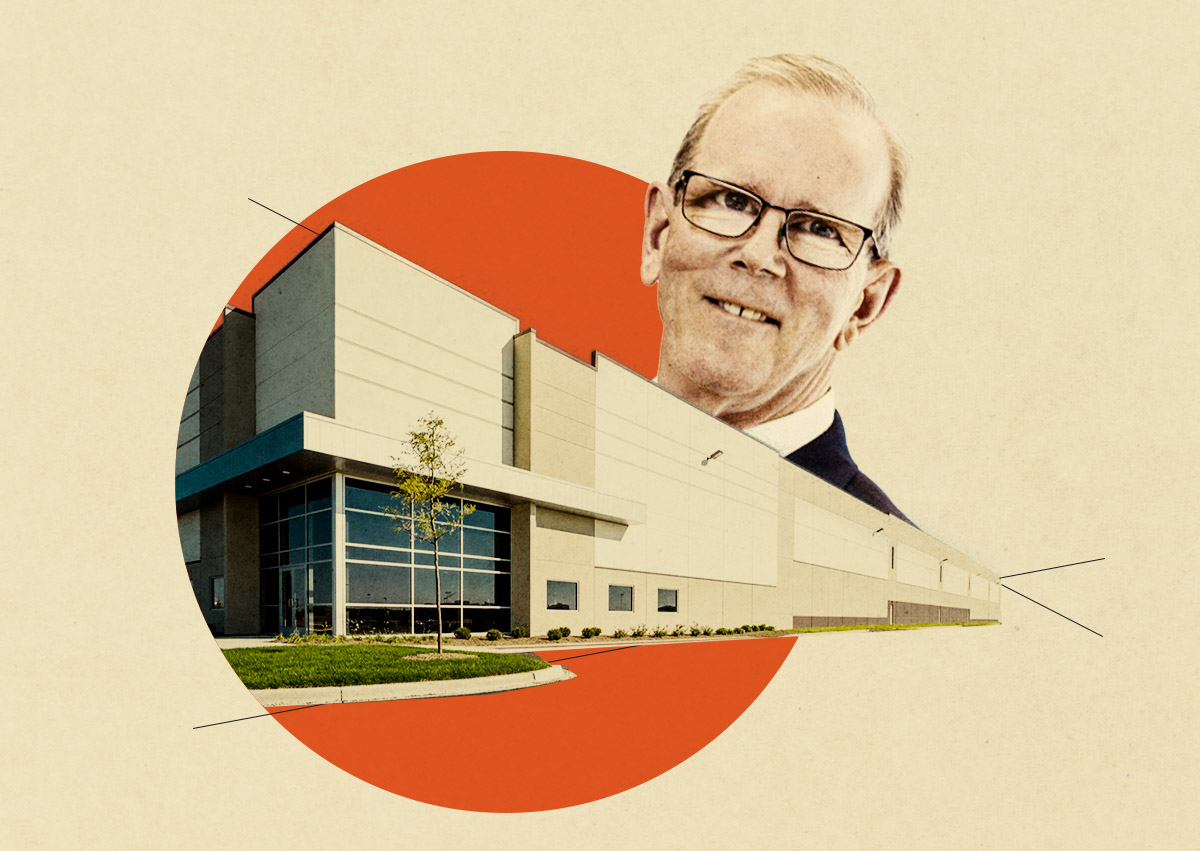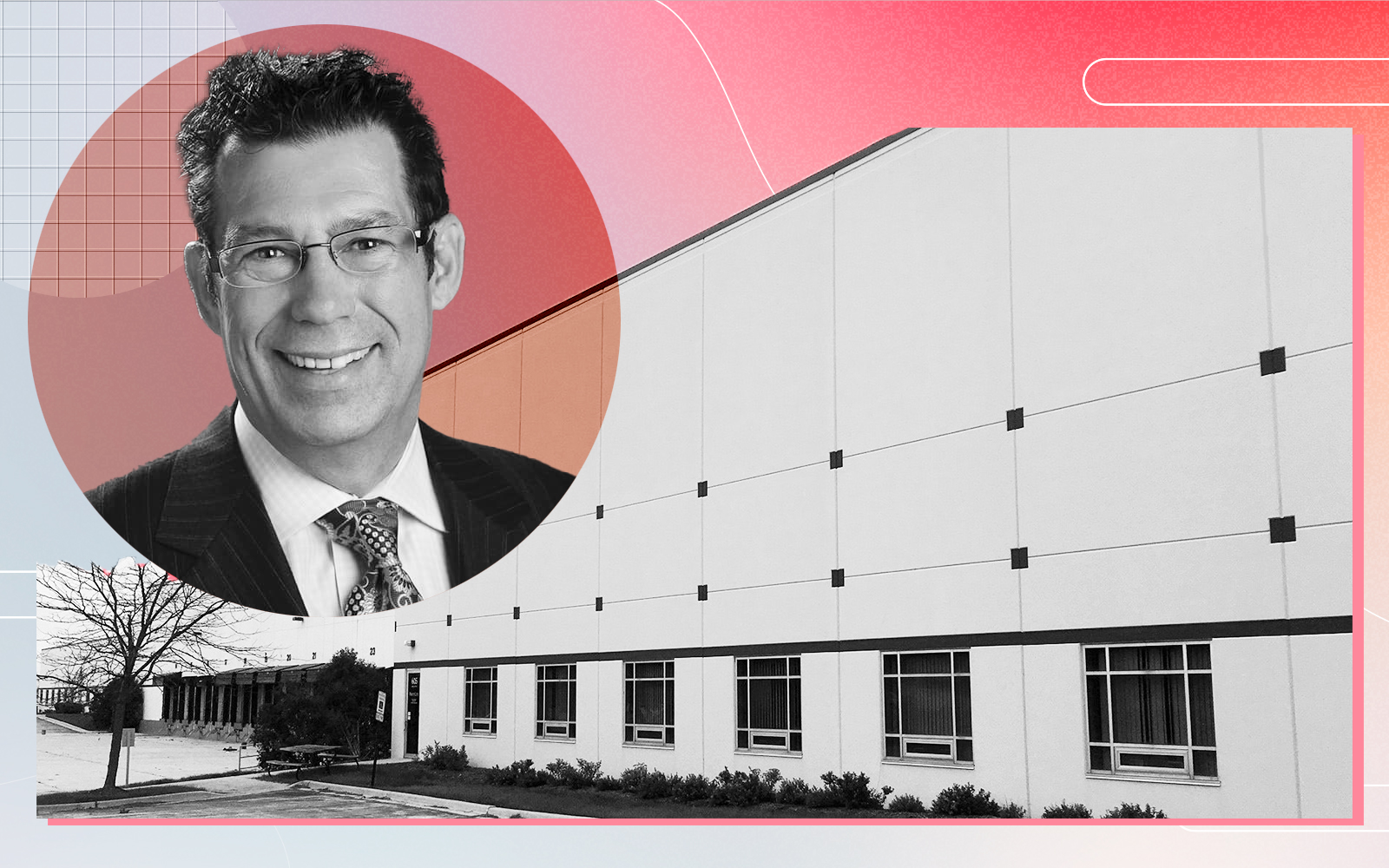Industrial property investors Roy Splansky and Mark Goode started 2024 by becoming landlords for a Chicago-based company once referred to as North America’s largest commercial printer.
Venture One, a Rosemont-based firm co-founded and led by Splansky and Goode, paid $50 million to the company, R.R. Donnelley & Sons, to buy two industrial buildings spanning more than 500,000 square feet in the western suburb of St. Charles, public records show.
R.R. Donnelley is staying on as a tenant in the buildings at 609 South Kirk Road and 1750 Wallace Avenue, records show, meaning it likely sold the parcels as an alternative means of raising capital to eschew rising interest rates.
Neither Venture nor R.R. Donnelley immediately returned requests for comment.
Venture One used a little more than $30 million in debt from Lake Forest Bank & Trust to fund the acquisition, records show. The investment firm’s purchase follows its $369 million sale of a 54-property industrial portfolio, concentrated in the Chicago area, to New York-based DRA Advisors, in March of last year.
The R.R. Donnelley building at 609 South Kirk, sold for $32 million, totals 307,000 square feet. The adjacent property, at 1750 Wallace, was valued at nearly $18.5 million in the deal and spans 259,000 square feet.
The deal illustrates how the impact of rising interest rates has led to an increase in commercial owner-occupiers exploring sales of their real estate through sale-leaseback agreements. The arrangement lets sellers remain tenants on long-term leases while bringing in cash to help fund other business functions.
Another industrial deal in Kane County, in nearby Elgin, was structured as a sale leaseback in September, when GoldCoast Logistics sold its headquarters building. That 62,000-square-foot warehouse at 1425 Madeline Lane sold for $20 million, or $323 per square foot, to a trust controlled by investors whose identities are shielded from public records.
R.R. Donnelley’s St. Charles trade is also an example of how industrial property stayed in high demand, despite a massive slowdown last year for commercial deals overall. Warehouses and manufacturing facilities just outside of Cook County proved particularly appealing among some investors, who cite friendlier tax environments in the collar counties.
Read more



